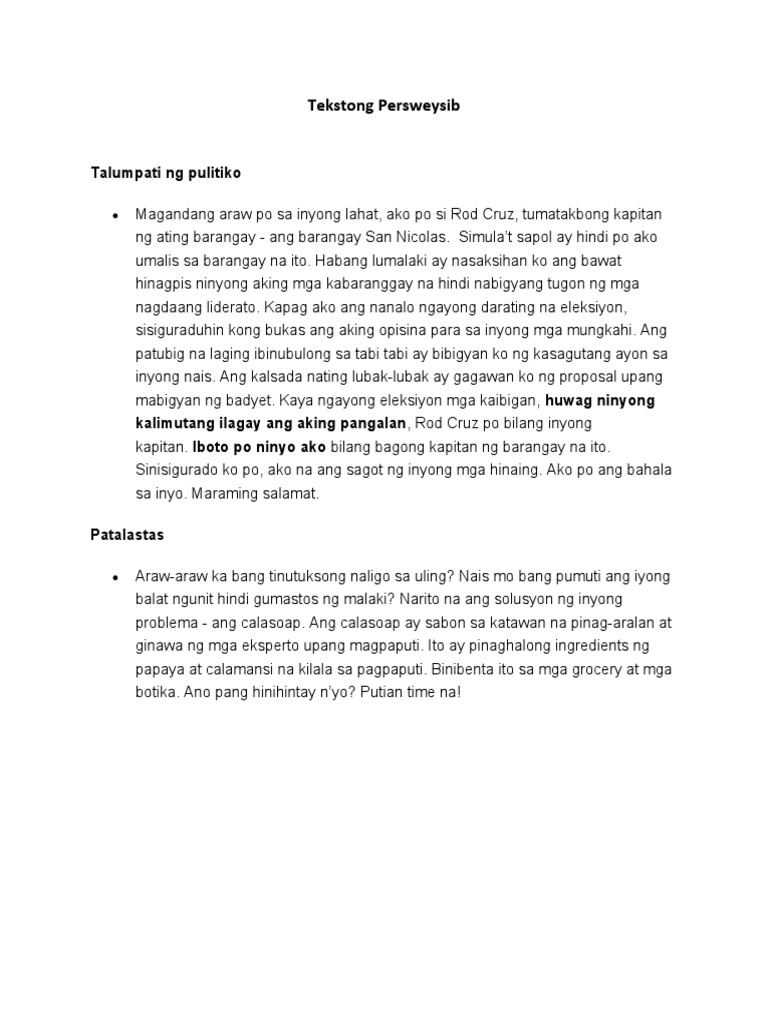In an era where the juxtaposition of affluence and destitution is starkly pronounced, the Bahá’í teachings offer an illuminating perspective on poverty, particularly the notion of “hidden poverty.” This concept underscores not solely the economic deprivations individuals may face but also the spiritual and psychological impoverishments that pervade society. The Bahá’í faith, with its emphasis on the unity of humanity and the intrinsic worth of each individual, provides profound insights into the alleviation of both visible and invisible forms of poverty. One of the most impactful initiatives in this regard is the implementation of Junior Youth Programs, which embody the teachings of the Bahá’í faith in a transformative manner.
Hidden poverty manifests in various forms, including emotional desolation, social isolation, and a lack of access to educational resources. These facets may not be readily apparent when one assesses material wealth but are deeply entrenched in societal structures. The Bahá’í teachings delineate that poverty is a multifaceted challenge, and addressing it requires a holistic approach that embraces not only the material dimensions but also the spiritual and moral growth of individuals. In striving for global prosperity, Bahá’ís emphasize the importance of cultivating a culture of compassion and mutual assistance.
Importantly, Junior Youth Programs represent a potent avenue for addressing these issues. Aimed at young individuals typically aged 12 to 15, these programs are designed to empower youth to become active participants in their communities. The curriculum is meticulously crafted to foster critical thinking, moral development, and a commitment to service. The ramifications of this empowerment are profound, as they equip young people with the tools necessary to identify and combat both visible and hidden forms of poverty in their environments.
The Junior Youth Program encourages participants to engage in age-appropriate discussions about the implications of poverty. Workshops and activities enable them to explore not only theoretical frameworks but also practical solutions to alleviate suffering in their communities. By nurturing a sense of agency, these programs help to dismantle the feeling of hopelessness that often accompanies poverty. Such experiences give junior youth the impetus to envision a world where all are uplifted, thus directly aligning with the Bahá’í teachings on service and unity.
Furthermore, these programs provide a nurturing environment conducive to building friendships and establishing networks of support. The hidden dimensions of poverty often include isolation and alienation, particularly among young individuals who may feel marginalized or disconnected from their peers. Bahá’í Junior Youth Programs counteract this by fostering inclusive spaces where young people can share their experiences, aspirations, and challenges. The bonds formed in these settings transcend mere acquaintance; they cultivate a profound sense of belonging that is essential for emotional and social well-being.
Moreover, the role of mentorship in Junior Youth Programs cannot be overstated. Older youth and adults serve as facilitators, guiding junior youth in their explorations of identity, purpose, and community engagement. This mentor-mentee relationship is pivotal in the cultivation of resilience and creativity among participants. By providing guidance and support, mentors can help these young individuals navigate their own hidden struggles, fostering an environment where they can thrive and inspire others.
Engagement in community service projects is a cornerstone of the Junior Youth Programs. These projects often target local issues, enabling participants to apply their newfound knowledge and skills in real-world contexts. Such initiatives not only address immediate needs but also lay the groundwork for sustainable local development. In working together, junior youth learn valuable lessons about teamwork, empathy, and leadership, which are integral to dismantling the pervasive structures of inequality that contribute to both visible and hidden poverty.
To explore global conditions, the Bahá’í teachings advocate for the establishment of international and regional junior youth camps, where participants are exposed to diverse perspectives and experiences. In these settings, the interconnectedness of humanity is underscored. The contentment and prosperity of one group cannot occur in isolation from the struggles faced by others. Participants learn that compassion transcends borders and that collaborative efforts are essential in overcoming global challenges.
The teachings of Bahá’u’lláh inspire a profound commitment to the empowerment of youth as agents of change. As these junior youth engage with their communities, they become not only the leaders of tomorrow but the architects of a more equitable society today. The long-term implications of such empowerment extend far beyond the immediate context, contributing to a legacy of social justice and spiritual renewal.
In conclusion, the intersection of hidden poverty and Junior Youth Programs within the Bahá’í framework presents a compelling roadmap for addressing the complexities of socio-economic disparity. Through spiritual and moral cultivation, mentorship, community engagement, and the establishment of enduring networks, these initiatives embody the essence of the Bahá’í teachings. As junior youth immerse themselves in these enriching experiences, they illuminate a path toward a world where all individuals can achieve their fullest potential, thus exemplifying the Bahá’í commitment to the unity and elevation of humanity.
